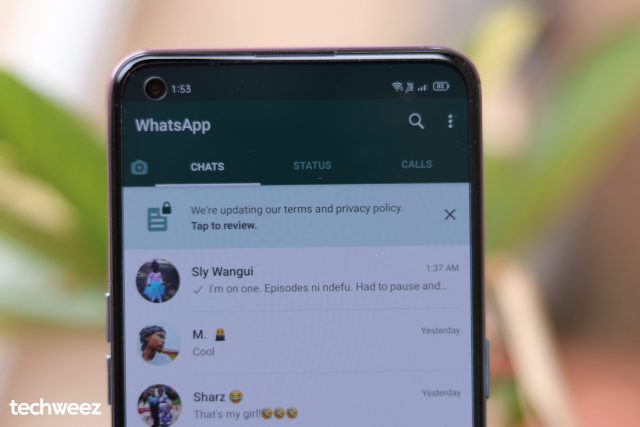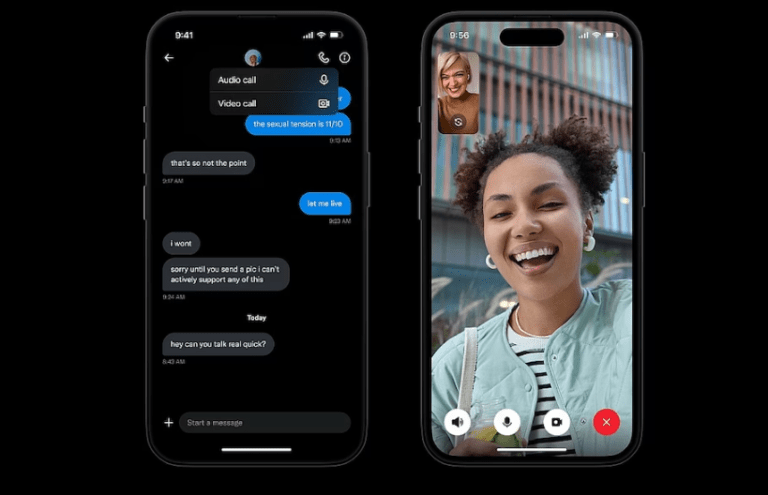Report: TikTok Shares Your Data Compared to Any Other Social Media App

YouTube and TikTok, according to a recent study published by mobile marketing company URL Genius, track users’ personal data more than any other social media app.
However, while YouTube collects your personal data primarily for the purpose of serving you more relevant ads, TikTok allows third-party trackers to collect your data – “and from there, it’s difficult to say what happens with it,” according to CNBC. According to the report:
It’s nearly impossible to know who’s tracking your data or what information they’re gathering, from which posts you interact with – and how long you spend on each one – to your physical location and any other personal information you share with the app. According to the study, third-party trackers can track your activity on other websites even after you exit the app.
URL Genius used Apple’s iOS’s Record App Activity feature to count how many different domains track a user’s activity across 10 different social media apps – YouTube, TikTok, Twitter, Telegram, LinkedIn, Instagram, Facebook, Snapchat, Messenger, and Whatsapp – in a single visit, before you even log into your account.
YouTube and TikTok had 14 network contacts each, which was significantly more than the study’s average of six network contacts per app. According to the study, those figures are most likely higher for users who have accounts on those apps.
Ten of YouTube’s trackers were first-party network contacts, implying that the platform was monitoring user activity for its own benefit. Four of the contacts came from third-party domains, implying that the social platform was allowing a few unknown third-party entities to collect information and track user activity. The results for TikTok were even more enigmatic: 13 of the 14 network contacts on the popular social media app were from third parties.
According to the study, third-party tracking occurred even when users did not opt in to allowing tracking in each app’s settings. “At the moment, consumers are unable to see what data is shared with third-party networks or how their data will be used,” wrote the report’s authors.





